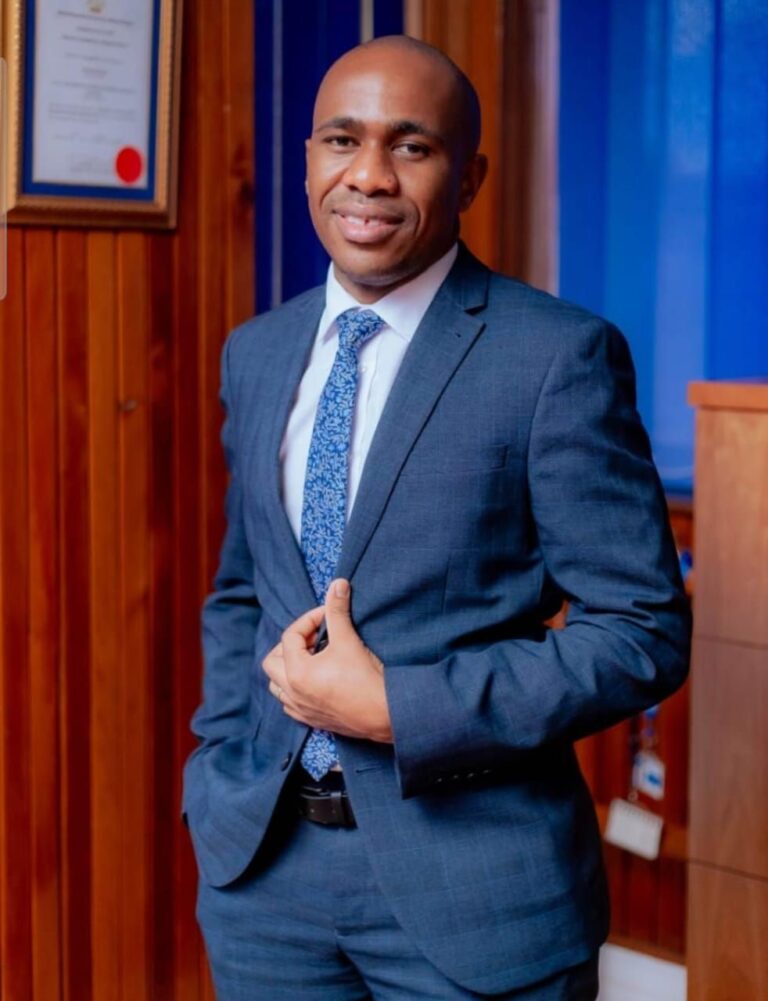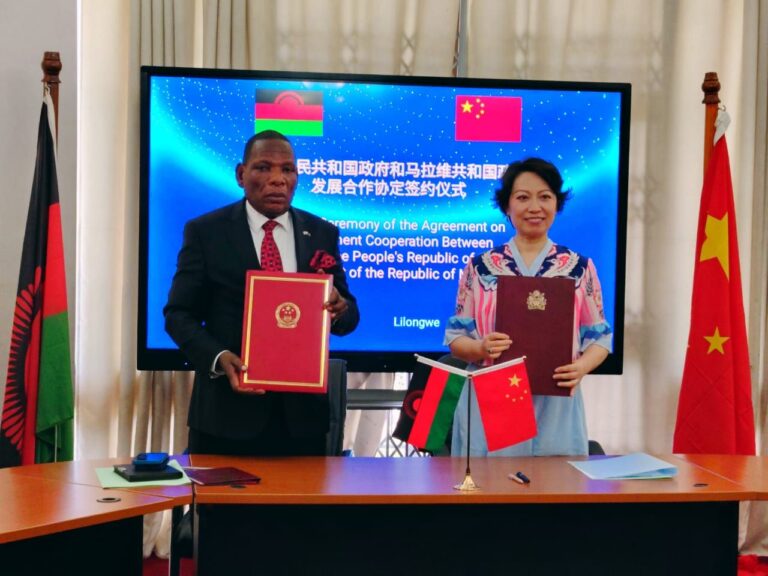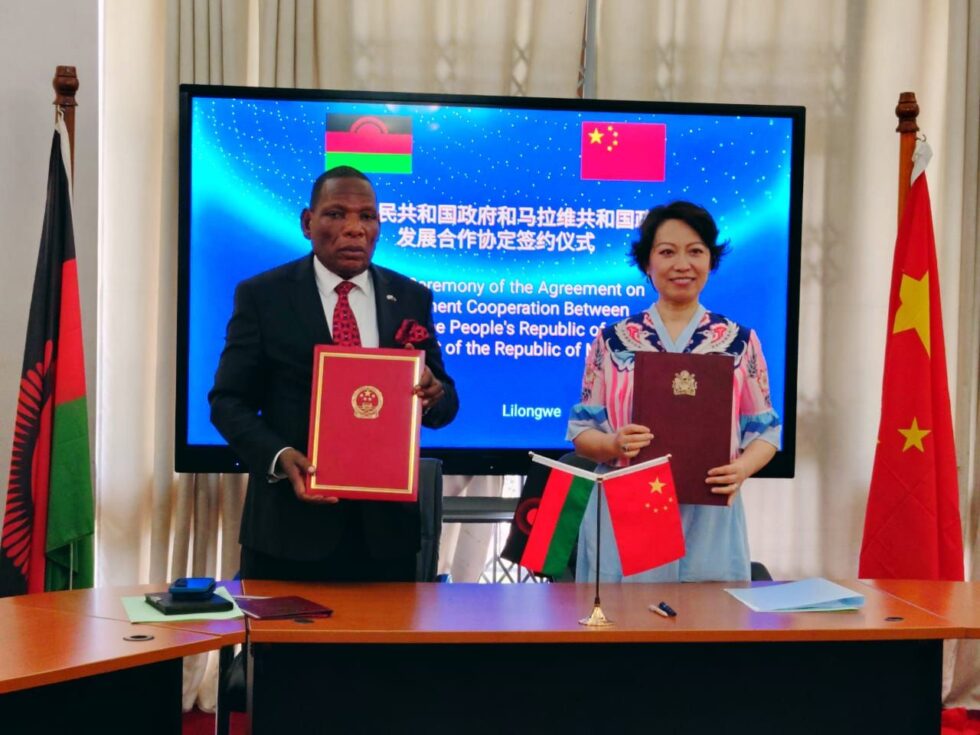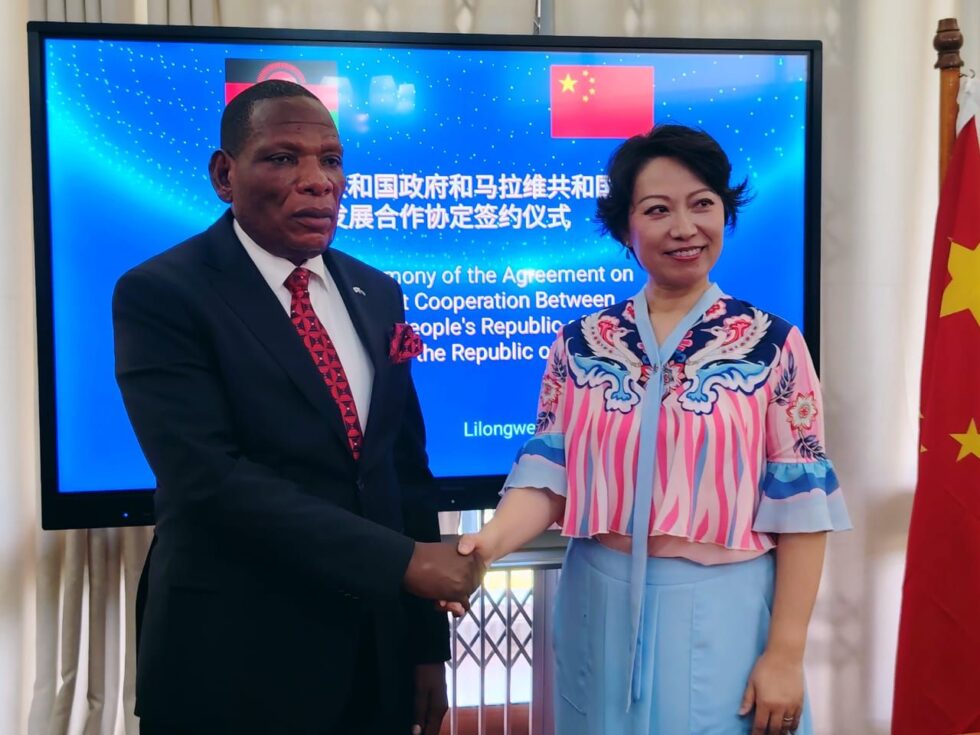By Linda Kwanjana
FDH Bank plc has reaffirmed its commitment to supporting civil servants through Civil Servant’s Loan facility, designed to help government employees maintain financial stability amid economic challenges.
The Bank’s Head of Personal and Business Banking, Daniel Pinto Khamula said in a statement that FDH Bank plc has recorded increased demand for the facility as civil servants seek financial support to manage rising living costs.
“We recognize the current economic climate is demanding. Our civil servants are looking for more than just a bank; they need a partner. We have seen a surge in applications because people are looking for convenience and terms that respect their financial reality,” said Khamula.
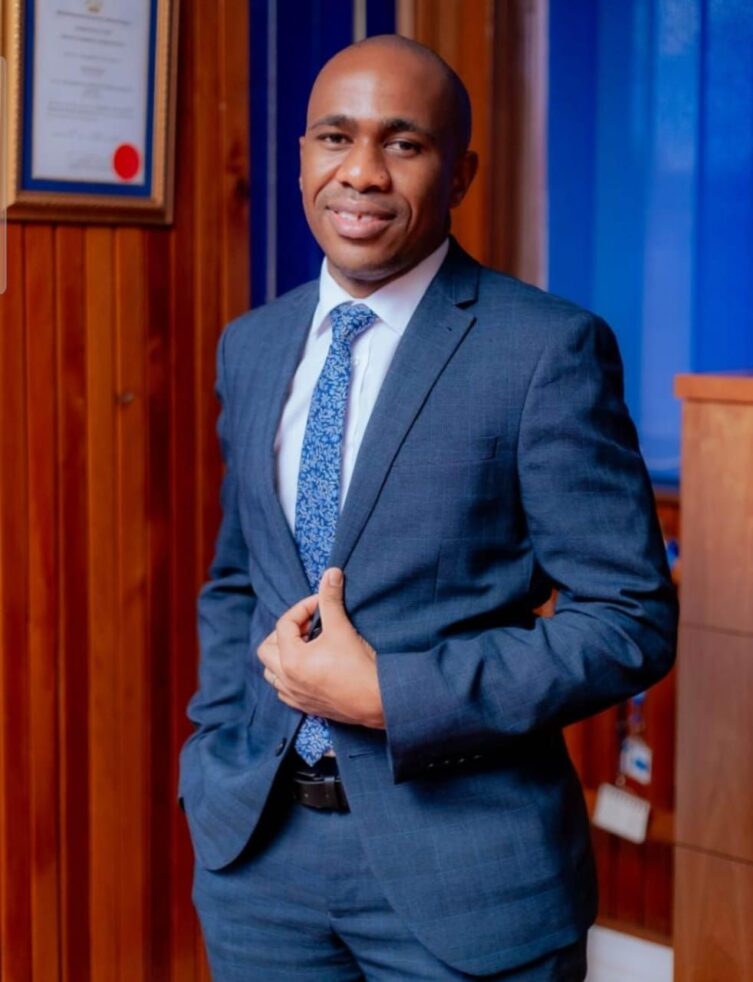
He further said the Bank has streamlined the loan requirements to improve accessibility, up to K10 million available, unsecured, and repayment periods of up to 36 months.
“The loan is specifically structured to help government employees achieve milestones that might otherwise feel out of reach in tough economic times. The facility provides the liquidity needed to move forward without delay,” explained Khamula.
He added that the facility is available to civil servants across the country who hold FDH Bank plc accounts and receive their salaries through the bank.
“Through our nationwide branch network, we ensure that even those in the most remote districts have the same financial opportunities as those in urban centres,” said Khamula.
Civil Servants Trade Union (CSTU) President, Lameck Magawa has commended the Bank for supporting the financial welfare of civil servants.
“This initiative will help improve the civil servant’s livelihood in the current economic environment,” said Magawa.
He also urged fellow civil servants to exercise caution and responsibility when accessing loans.
“Civil servants should consider their priorities. The money should be used purposefully, as it will need to be repaid within the agreed period,” said Magawa.
FDH Bank plc operates a network of 48 service centres and more than 11,000 Banki Pakhomo agents across Malawi.


